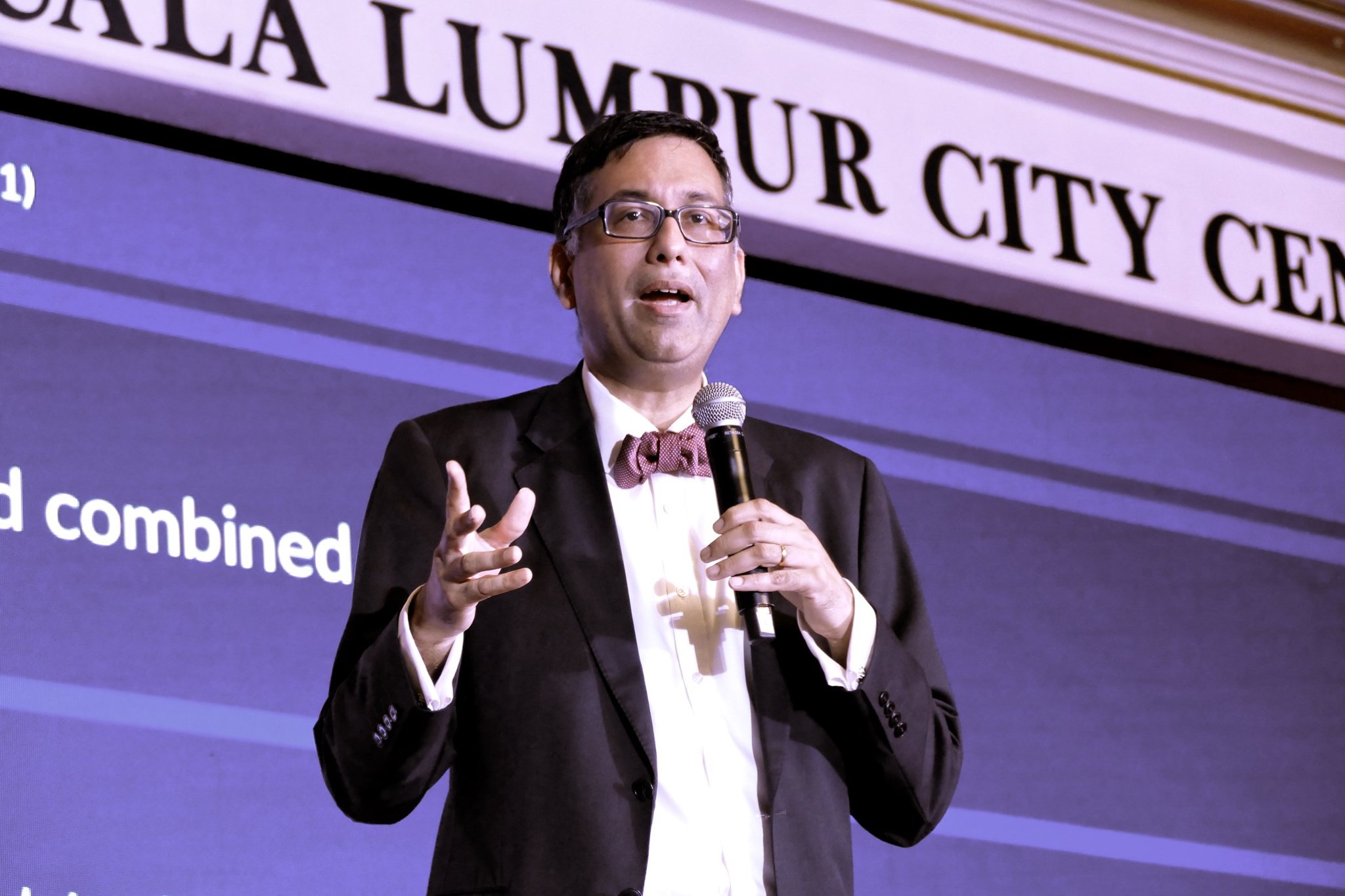KUALA LUMPUR, Sept 29 — A private hospitals’ group today expressed concern about a shortage of specialists in a decade across the public and private sectors, if government doctors continue receiving contracts instead of permanent posts.
The Association of Private Hospitals Malaysia (APHM) said doctors need permanent positions to be trained well in government facilities.
“Doctors shouldn’t be given a contract. Doctors should get permanent posts because the training of doctors is guaranteed when they have a permanent post. When they are under contract, doctors will not be sure about their career pathway,” Dr Kuljit told CodeBlue in an interview.
Yesterday, the Ministry of Health (MOH) announced that it was offering another one-off six-month contract extension to 2,070 government doctors, dentists, and pharmacists who had completed their compulsory service with the government. These health care professionals (79 medical officers, 852 dental officers, and 1,139 pharmacy officers) previously received a six-month contract last April.
“Malaysia has been one of the best countries in Asia with the best training programmes and the doctors that we produce are competent. The system that we had in the past, when there is a permanent post, a doctor had adequate training, got Master’s in speciality, and all fully trained under government facilities.
“Contract doctors do not get to do specialisation. Even though they said you can try to do it on your own, it is very difficult,” Dr Kuljit added.
The majority of medical specialists in Malaysia are concentrated in the private sector. Philip Alston, then the United Nations Special Rapporteur on extreme poverty and human rights, found that an estimated 70 per cent of specialists were working in the private sector, but they only treated 30 per cent of complicated cases, leading to an overburdened public health care system.
In July, MOH told interested contract medical officers to finance their own specialist study and go abroad as they’re not eligible for a government scholarship that is only available for permanent doctors. MOH also stated that the existing 23,928 permanent medical officers who have not yet pursued specialist study is sufficient for the number of extra specialists it needs.
“In other sectors, we can adopt privatisation. But in health care, a doctor has to be trained for many years and we cannot do that on a contract basis. So, the government must make an exemption for doctors to be allotted permanent posts,” Dr Kuljit said.
“If the government continues providing contracts, many doctors may not be able to do specialisation. So in ten years’ time, we will have very few trained specialists in government and private health care facilities, as well as in universities, because these specialists later might serve in the universities as our educators to teach the younger generation. Of course, in the private sector in the future, we will not have good and competent specialists,” Dr Kuljit added.
Junior doctors have echoed their dissatisfaction with the contract system, which came into force under the Barisan Nasional (BN) administration in December 2016, as it would leave many jobless after completing their two-year compulsory service. This scenario would cause insufficient time for doctors to complete their specialisation training that takes at least four years post-housemanship.
Last year, the Public Service Department (JPA) approved 10,675 new permanent posts in MOH. But Deputy Health Minister Dr Noor Azmi Ghazali revealed that the new permanent posts in MOH would be created in phases for new facilities and facilities that are undergoing upgrades.
Only 5,984 permanent positions, or 56 per cent, have been created so far, comprising 997 medical officers, 154 dental officers, 282 pharmacy officers, 3,296 nurses, 1,008 medical assistants, and 247 dental surgical assistants.
It is to be noted that the RM81 million allocation for the latest contract extension for the 2,070 government doctors, dentists, and pharmacists was funded through the Covid-19 Tabung. The Covid-19 Fund launched by the government last March 11 — which has received donations from the public and companies — was meant as financial assistance for people affected by the coronavirus outbreak, such as Covid-19 patients and people who lost their jobs.
“This is a short sighted measure and will not provide a permanent solution. The government should revisit this contract policy,” Dr Kuljit said.
Bandar Kuching MP Dr Kelvin Yii also raised his concerns about hiring government health care professionals through donations channeled to the Covid-19 Fund.
“One of the ways to offer a long-term solution to this problem is for the upcoming Budget 2020/2021 to include a significant investment into health care, especially into its human resources.
“This includes taking into account other contract issues faced by health care workers, and to look into increasing allocations to at least increase their contracts to at least 10 years, so that they have sufficient time to complete the necessary training and gazettement for those planning to specialise,” Dr Yii mentioned in a letter to CodeBlue.
Despite continuous backlash from medical associations and junior doctors’ groups, the Perikatan Nasional government is still maintaining the contract system introduced by BN that was also retained by the-then Pakatan Harapan administration.








